

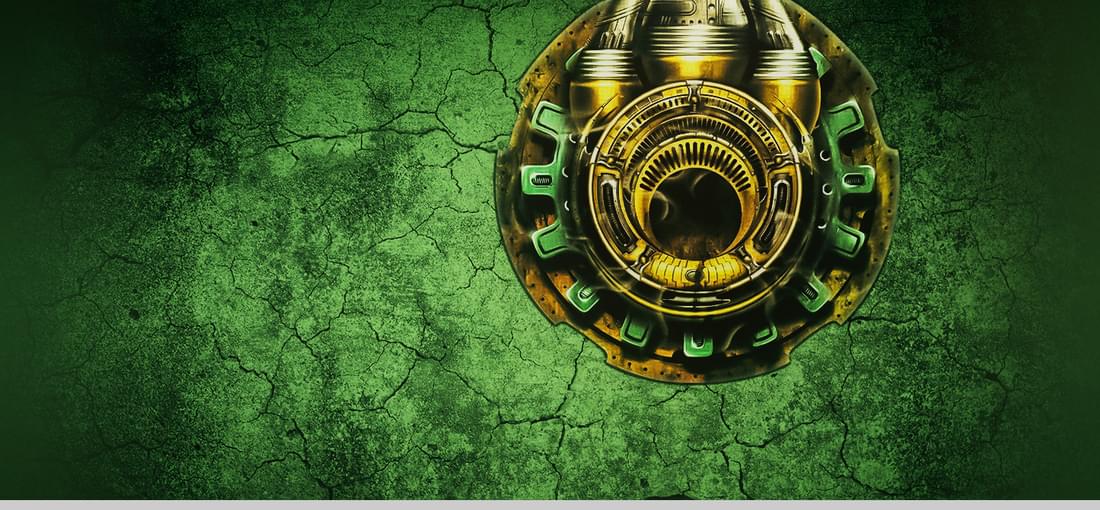
I can't comment on the quality (or lack thereof) of this game, because I find it unplayable. Specifically, the game has pretty extreme head-bobbing in it, which makes me very motion sick- and no way to turn it off. The devs have said, on the Steam forums for the game, that they won't change this, because the viewbob affects the timing of certain things in a way that would affect multiplayer. I'm not clear on why they can't or won't change this for the single-player campaign- and surely, far more people are going to be buying this for the SP than the MP.
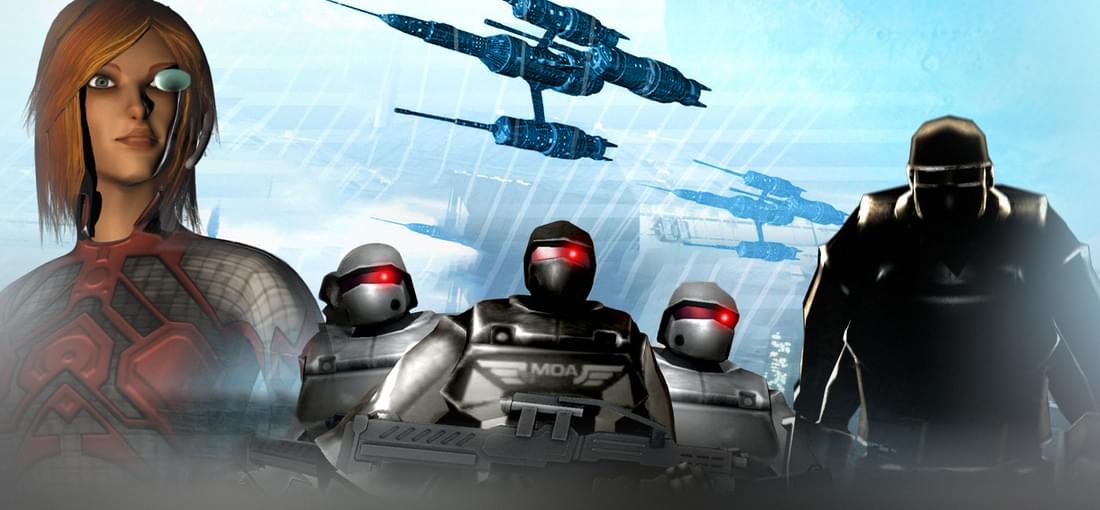
This is a weird little game; I played it long ago, elsewhere. It's a very bare-bones space trading sim, and a very, very easy one at that (eg there's no cost penalty for buyback/sellback of goods, and there're random goods lying around the starports you explore). It is, weirdly, entirely on foot (no space sim stuff at all- you essentially teleport between ports), and the game features regular FPS levels, where you're basically clearing out a deathmatch arena filled with simple bots. It feels like- and I think it may have been- a student project, originally. It's like a proof of concept for a space trading game. Everything feels kind of half-implemented, and there's a goofy sense of self-deprecating humor throughout. The game doesn't really end so much as it stops going. It's weird that it is still being sold for money.
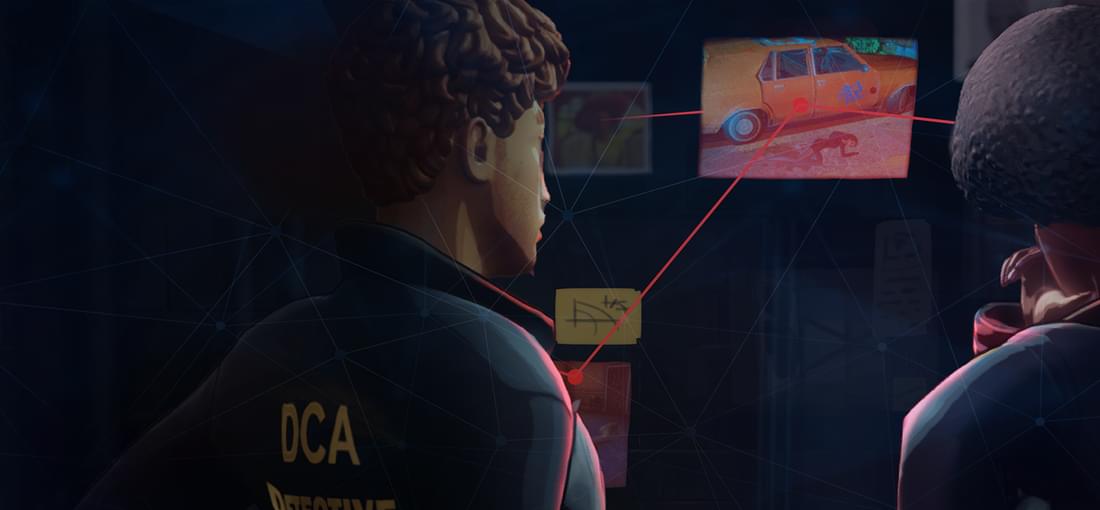
There are the rudiments of a good game here. The "corkboard" approach, combining evidence to reach conclusions, is obviously a fun idea. But this game is let down by a few things. First, the corkboard is really all there is. You connect pieces of evidence to unlock new dialogue options, and then submit your conclusions once you've unlocked everything you can in the level. You don't interact with the evidence in any other way than the corkboard, and conversations are totally linear- you can't fumble a delicate conversation with a key witness, or the like. Second, the corkboard can be frustrating. You will inevitably figure out what's going on before the protagonist does, then struggle to get your deduction onto the corkboard- it's easy enough for you as the player to deduce that A + B = C, but when you have half a dozen pieces of evidence relevant to point A, and half a dozen relevant to point B, it often results in trial and error to figure out which two pieces of evidence you're meant to link to get C on the board. Lastly, the writing is lackluster. Even the protagonists are barely characterized, and the plot falls back on generic detective/cop story tropes (adultery, gambling debts, political corruption, etc) rather than doing anything very original. There's no real suspense, and the twists are entirely predictable. Overall, this is dull as a game, and too overtly mechanical to be really compelling as a story. The mechanics would be tolerable if the writing were great, or the writing would be tolerable if the mechanics were deeper, but as-is, it's kind of a flop. I think there are elements here that could be refined into a much better game, though, and I hope the developers get the chance to do so.
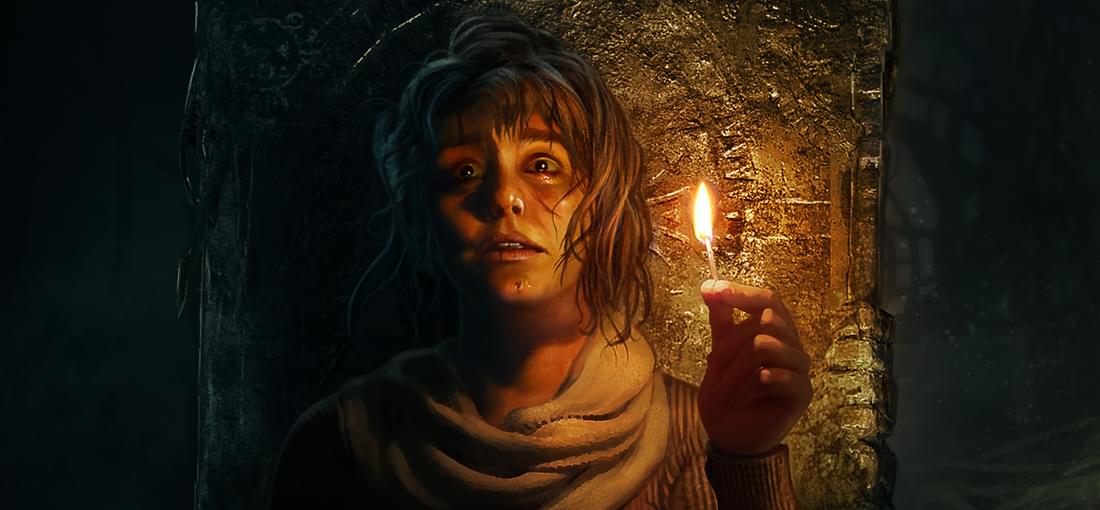
This is a very frustrating game. On the one hand, it represents a sincere attempt at following up the worldbuilding and themes of Amnesia: The Dark Descent. Maybe it doesn't totally succeed, but I think it's worthy of respect in this regard. The art direction is consistently very strong, too. On the other, it fundamentally fails to advance on The Dark Descent as a video game. It has all the Frictional tropes- alternating exploration and pursuit sequences, simple physics puzzles, enemies who make the protagonist go crazy if you look at them. Frictional has been iterating on what they did in the Penumbra games for over a decade, and the well is running dry. They've scaled up the narrative stuff (this game has more notes and cutscenes than any prior Frictional game), but they've scaled back the puzzles (both the conventional adventure game puzzles and the physics puzzles), and failed to meaningfully innovate in the scares their games deliver. They've hewed to the survival horror genre, even while it seems like their real desire is to make elaborate walking sims. It's frustrating! I like Frictional's games, basically, even if I sometimes wish they were better, and I would like them to succeed and advance; but they seem determined to wall themselves into doing progressively staler horror games forever. Also the acting is very uneven, and they didn't even get the actors to pronounce the protagonist's name consistently. Embarrassing.
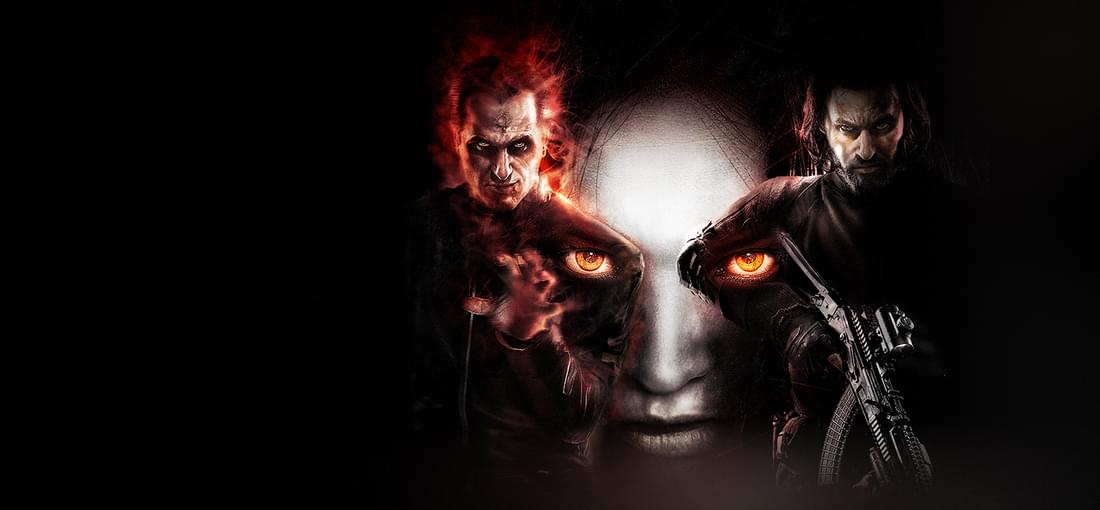
F.E.A.R. 3 is... unfortunate. It began development as "F.E.A.R. 2"- publisher Vivendi owned the rights to the "F.E.A.R." name and wanted to follow up the success of the first game (made by Monolith), while Monolith (now owned by Warner, a competing publisher) owned the rights to the story and characters, and put what we know as "F.E.A.R. 2" in development as "Project Origin." Eventually Warner secured the name rights, and the in-dev "F.E.A.R. 2," and decided to keep the development going, but to rebrand the game as "F.E.A.R. 3." Are you keeping up? This resulted in a fairly convoluted 5-year dev time, during which the game was reworked multiple times, and the devs subjected to over a year of crunch time. The resulting game is not the worst thing ever, but it's a mess. The devs tried, but under the circumstances, it's doubtful they could've achieved anything great. The story is stock-standard "horror sequel" stuff, ploddingly following up on threads from the first two games without doing anything particularly new. (Embarrassingly, the protagonist of F.E.A.R. 1's name is made, canonically, "Point Man.") Famed horror director John Carpenter was fleetingly involved in development, but left little mark on the finished game, and the original devs at Monolith were only involved in a consulting role. The game is heavily "actionified" compared to the first F.E.A.R., with the (sometimes quite solid) scary sequences drowned out by mindless combat. The publisher mandated the inclusion of trendy co-op features, which are probably the game's most appealing feature- and this GOG release of the game doesn't have co-op anyway. The inclusion of co-op and the general "actionification" of the game result in something shallower and less memorable than F.E.A.R. 1. I'd only recommend this game if you have already played F.E.A.R. 1 and 2 (and expansions), and are absolutely desperate for more.
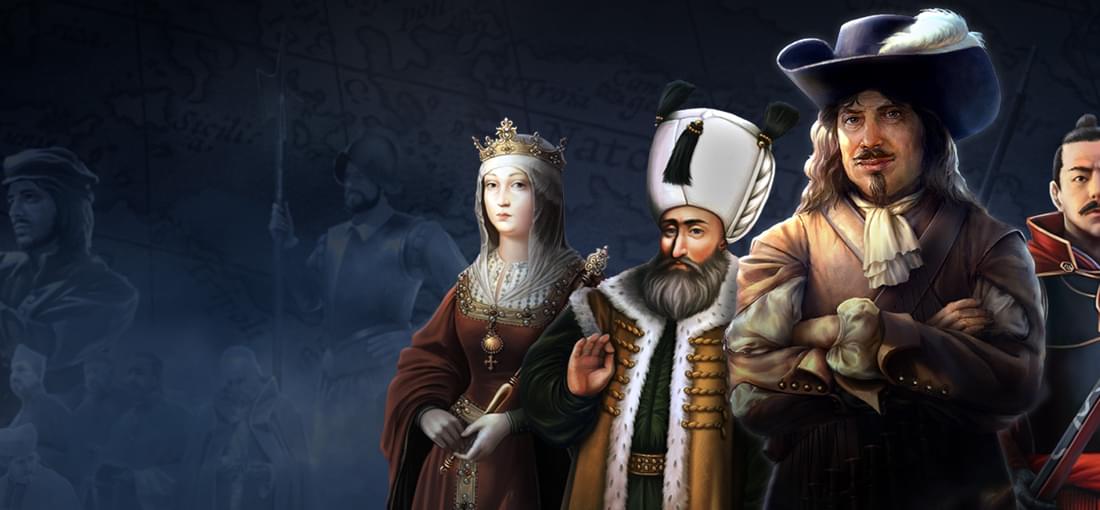
On the one hand, Europa Universalis IV is a game of incredible breadth and incredible depth. The basic mechanics are solid, and Paradox achieved something with it that they've struggled to do in other games- they've managed to make most of the nations feel unique, with most countries getting unique perks, and more notable countries getting their own quest chains that nudge the player towards trying different strategies. It's a very different experience playing a country like France compared to a country like the Ottoman Empire, and they've also managed to make it viable (if challenging) to play smaller countries, or countries that in real-world history were squelched by bigger, more powerful states. On the other hand, the game is radically undermined by its DLC structure. Paradox's monetization model means that the game has received a constant stream of expansions post-release. Some DLCs- the best- add worthy new side mechanics to the game, which can further distinguish the game's countries mechanically- but inevitably, many are deeply unbalanced, undercut existing mechanics, add tedious busywork, or just seem generally pointless and confused. The quality of these DLCs has generally decreased over time, as Paradox has shifted its focus and manpower to other projects; they should have stopped putting them out long ago. Figuring out which DLCs are worth buying and which are best avoided is a challenge greater than anything the game can throw at you, and everyone will give you a different list of "good ones" and "bad ones." The profusion of DLCs has also made it much harder (and much more expensive) for new gamers to get into the game. I think that EU4 is, at core, a brilliant game, probably Paradox's best ever. But the crust of DLC that's built up on it means that I cannot recommend it unreservedly.